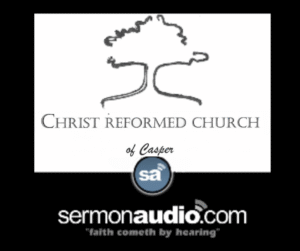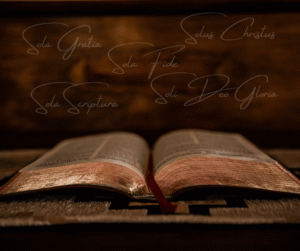Church history
We’re excited to begin a study in church history this Sunday, October 9th, in the adult Sunday School class! Church history gives us a better perspective on the work of God over the last centuries. God has been faithful to continue to build the kingdom of His Son Jesus Christ, for all these centuries, and this helps us to understand more the struggles the church has today. It strengthens the faith of the believer and helps him see his place in God’s plan more clearly.Read More →

